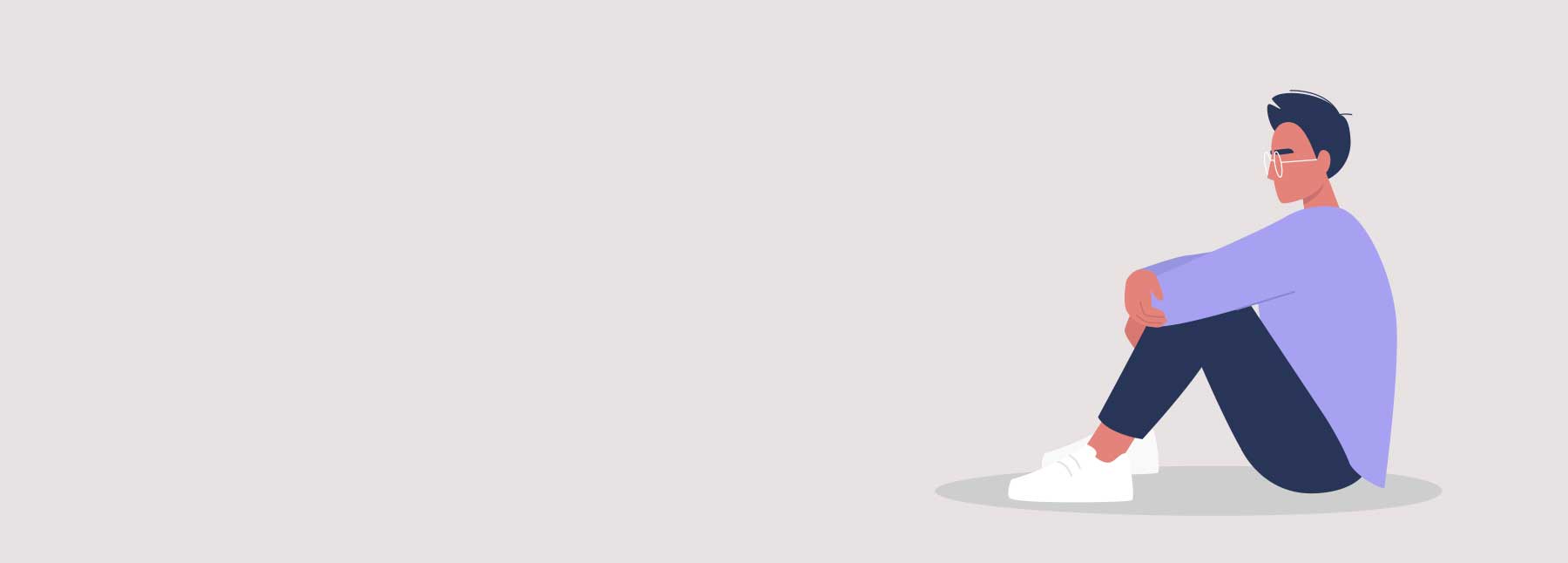Researchers have observed that large-scale disasters such as pandemics tend to cause an increase in mental health issues. The coronavirus pandemic is unlike anything we’ve experienced before, plunging us into a world of uncertainty, and disrupting the ways in which we live and work.
Anxieties surrounding the virus can be both frightening and overwhelming. If you’re struggling at the moment, know that you’re not alone. These feelings are completely normal in times like these. Having some self-help strategies you can incorporate into your daily routine to boost your mental health and wellbeing are crucial for maintaining a positive outlook and getting through these uncertain times.



